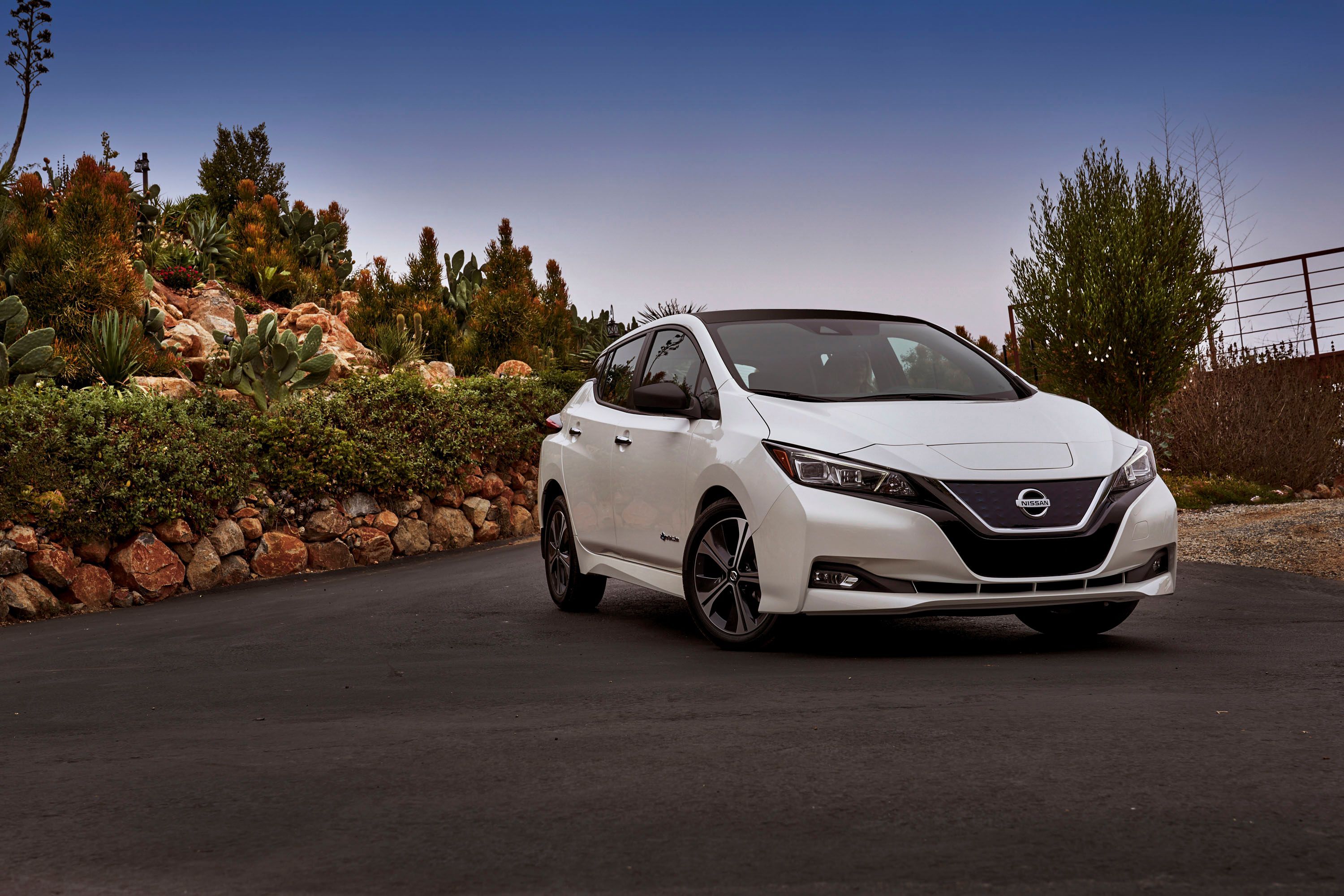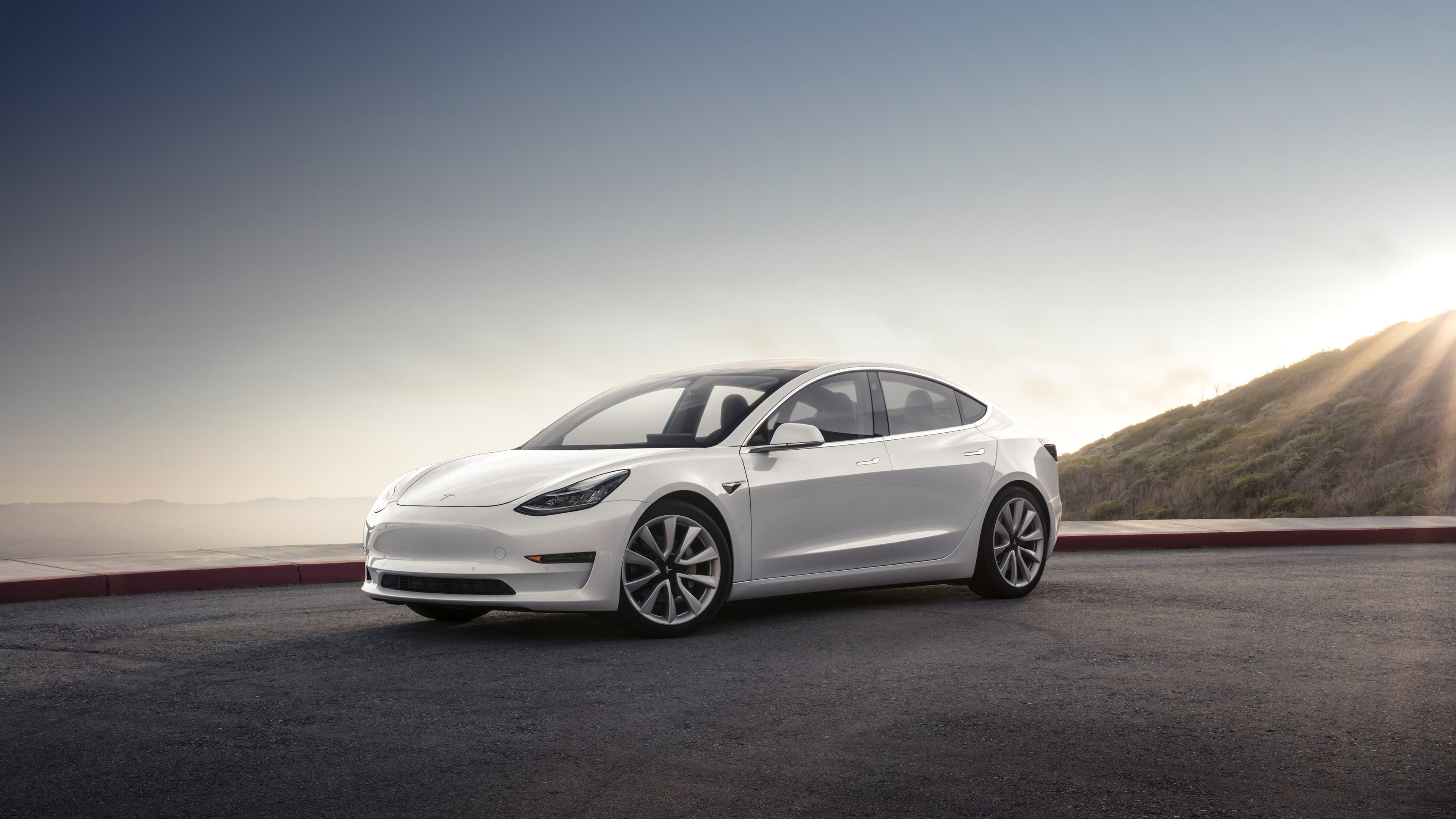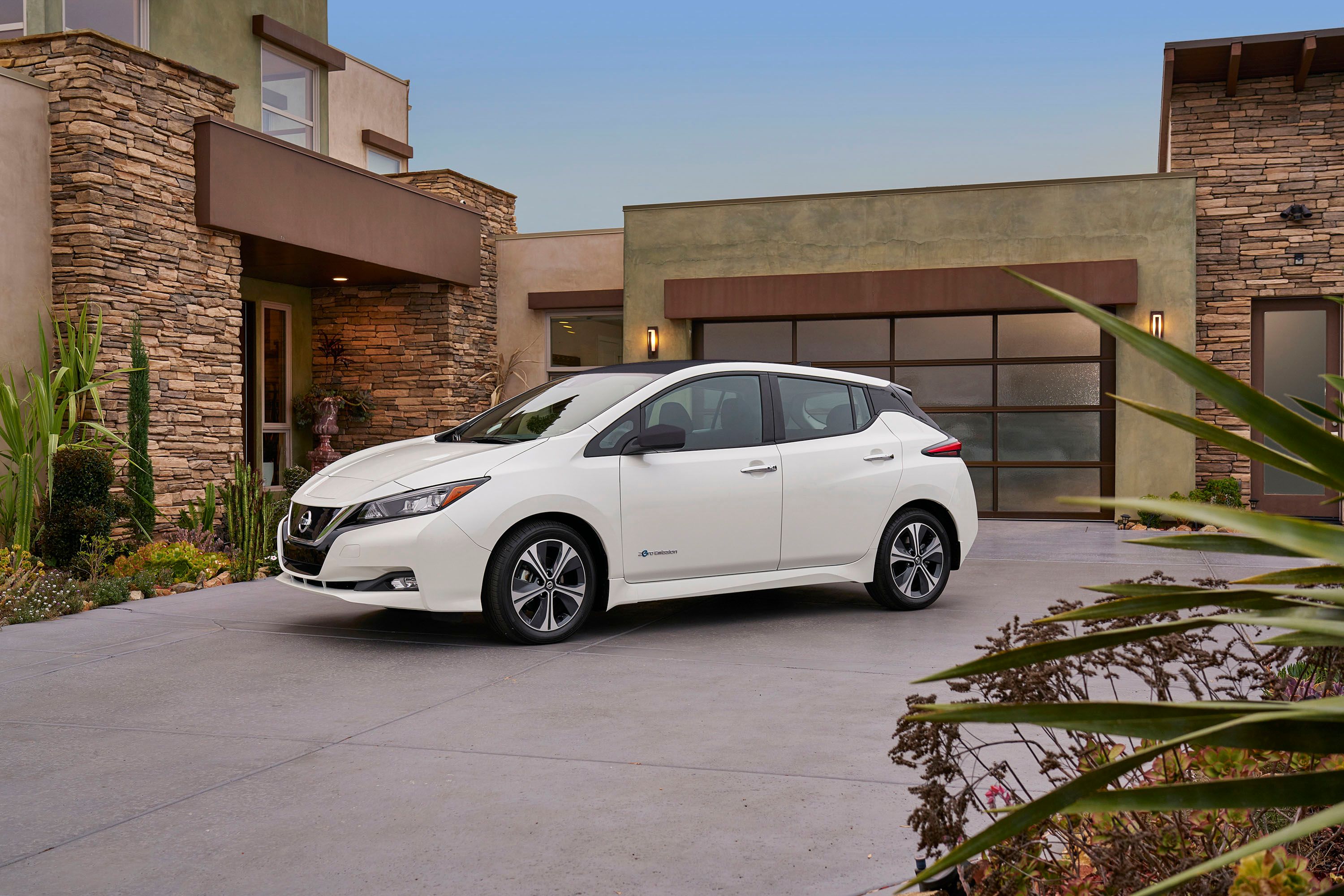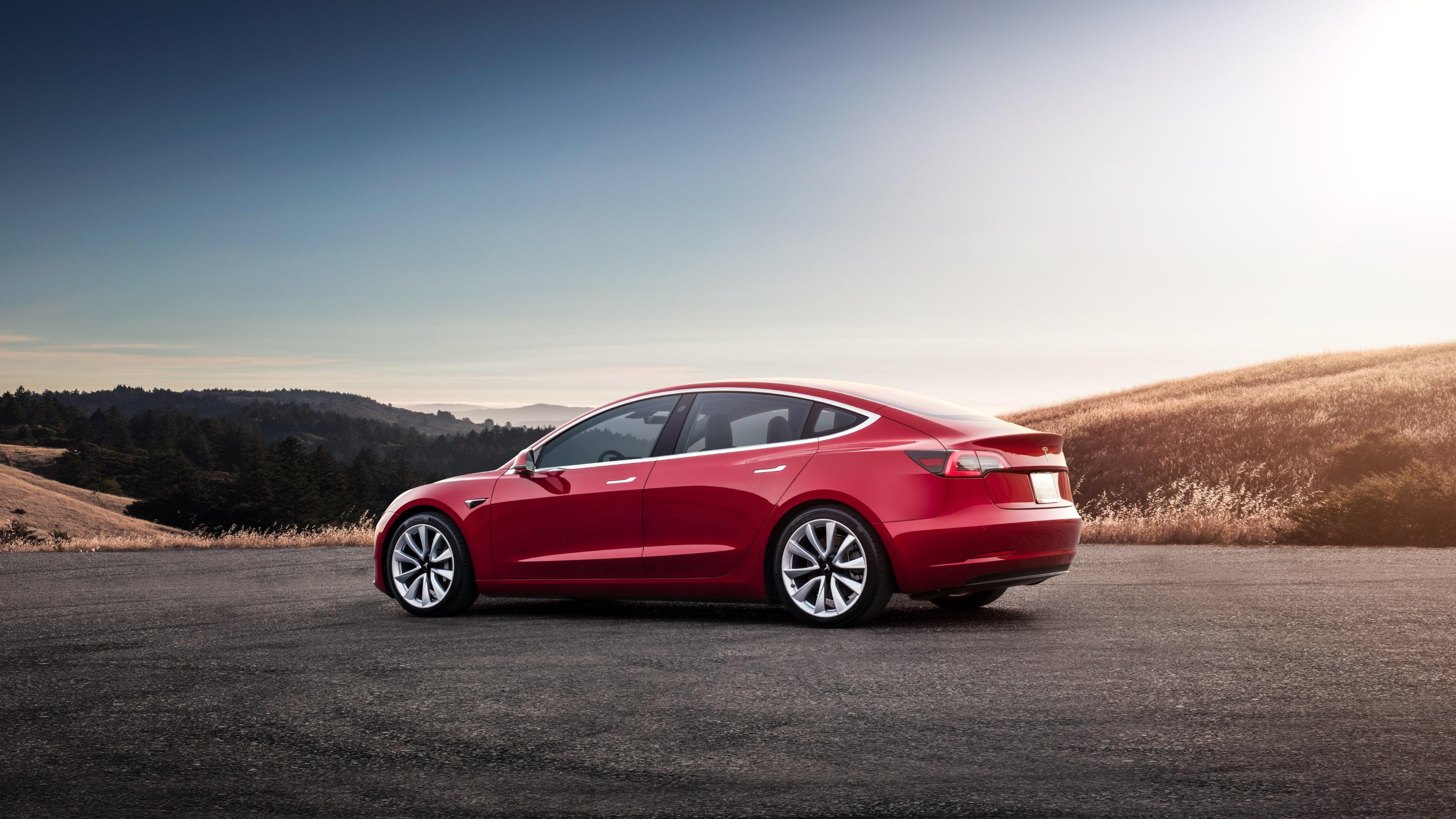Given how governments of many countries are pushing customers to opt for EVs by giving subsidies, it looked like the running cost of EVs would be very low. But that doesn’t seem to be the case with the California state government. Since the lawmakers are not earning the gasoline taxes from EV owners anymore, they have come up with a ‘solution’ that may require you to pay a mileage-based fee. How does that sound?
The State Needs To Take Care Of Its People Afterall
From the government’s point of view, this seems fair. Ever since customers started opting for EVs, the state is seeing a dip in the revenues that fund for the maintenance and repairs of the roads.
The Government Giveth And The Government Taketh Away
California currently funds road repairs from the fuel taxes collected and annual registration fee for zero-emission vehicles that it will start collecting from 2020.
What They Had To Say
Alan Jenn, report author, said, "California now has the opportunity to support alternative funding mechanisms.” "Our study finds that a per-mile road charge, designed specifically for zero-emission vehicles, is a relatively low-cost and sustainable solution to funding our roads."
Our Take
As of now, this is a mere proposal.
Further Reading
Read our full review on the 2018 Tesla Model X.
Read our full review on the 2018 Tesla Model 3.
Read our full review on the 2018 Tesla Model S.
Read our full review on the 2018 Nissan Leaf.




